- Median Nerve
- Ulnar Nerve
- Radial Nerve
Pain Mgmt (Anesthesia)
- Axillary Artery
- Axillary Vein
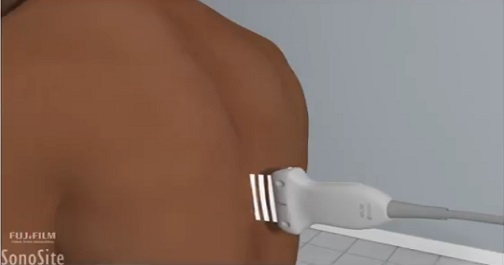
Paravertebral Nerve Block
How should you position a patient for comfort during a paravertebral nerve block? How do you know that you are injecting local anesthetic into the paravertebral space? How does the parietal pleura appear on ultrasound? These questions and more are answered in the Paravertebral Nerve Block course.
- Nerves
- Artery
- Veins
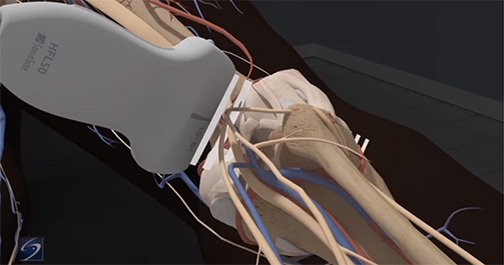
Popliteal-Sciatic Nerve Block
Review and learn to identify anatomical structures visualized during a popliteal sciatic nerve block with ultrasound guidance; determine the locations of the popliteal artery and vein, and how to locate the perineal and tibial nerve branch, which is ideal for the nerve block placement.
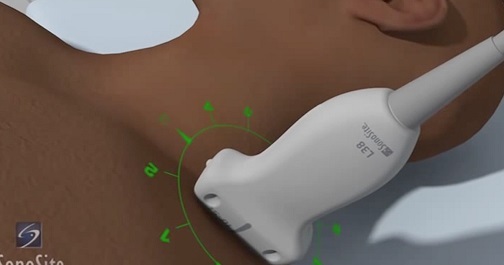
Interscalene Nerve Block
The Interscalene Nerve Block course is designed for medical professionals utilizing point-of-care ultrasound who want to improve accuracy of nerve blocks using ultrasound guidance. This course covers patient positioning, transducer angling, identification of important vasculature, the location and appearance of the brachial plexus nerves, and the effective position of the needle for analgesic injection.
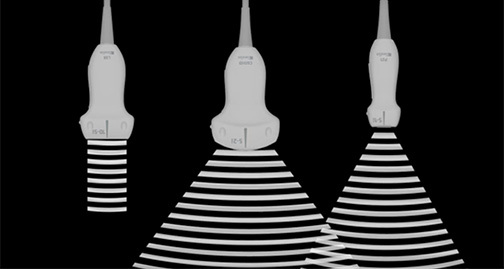
Ultrasound Instrumentation Part 1 - Basics
In this first part of the Ultrasound Instrumentation course, you will develop the confidence to understand the system components, equipment controls and settings, and techniques for necessary for creating an ultrasound image.
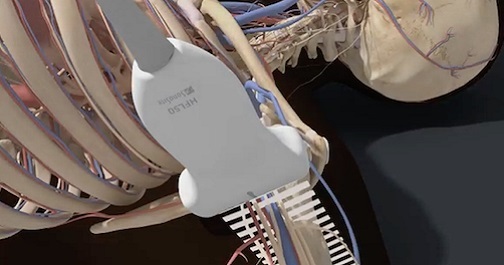
Axillary Nerve Block
The axillary block is a plexus block at the terminal branches of the brachial plexus, designed to anesthetize the major motor and sensory nerves in the distal arm, elbow, wrist, forearm, hand, and fingers. Course participants will learn the anatomy of the axillary vessels and musculocutaneous nerve and the technique for performing an axillary nerve block.


